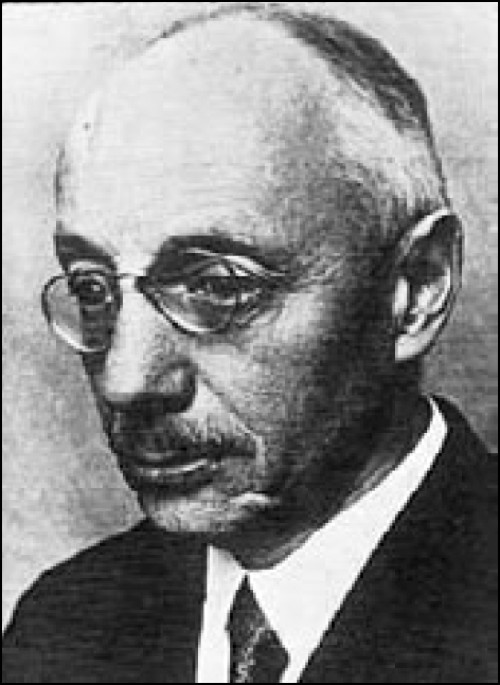Friedrich Ludwig Emil Diels (1874 – 1945)
Friedrich Ludwig Emil Diels was born in Hamburg, Germany, the son of the classical scholar, Hermann Alexander Diels. Between 1900 and 1902, he travelled together with Ernst Pritzel through South Africa, Java, Australia and New Zealand. Shortly before the first world war, he travelled in New Guinea and in the 1930s in Ecuador. His time in Western Australia ran from October 1900 to December 1901, during which period he collected over 5,700 specimens. His collections of plants from Australia and Ecuador, which contained numerous holotypes, enriched the knowledge of those floras considerably.
The majority of Diels’ collections were stored at the botanical garden in Berlin-Dahlem, whose vice director he had been since 1913, becoming its director in 1921 and remaining in that post until 1945. His collections were destroyed during an air raid in 1943, which affected him deeply. He died in Berlin.
Diels’ monograph on the Droseraceae, published in 1906, is still a standard reference work. His monograph contained 83 species and included his own descriptions of species such as Drosera androsacea, D. miniata and D. natalensis. His thorough treatment of the morphology and anatomy of the genus is still the standard for Drosera today, although taxonomic concepts have of course changed slightly.
The South African species Drosera dielsiana commemorates Diels’ work.
For more information on the life of Friedrich Ludwig Emil Diels please see Wikipedia.
The ICPS claims no copyright on the content of this page. Please see the list of sources used for the pages on key historical figures in the study of carnivorous plants.

Friedrich Ludwig Emil Diels
